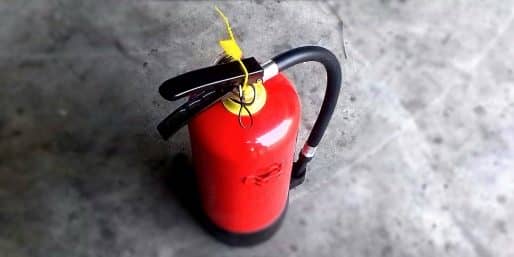There were 39,600 house fires in Great Britain between April 2013 and March 2014, which resulted in 9,748 casualties and 258 deaths. Of those deaths, 85% were accidental*. House fires are all too common and while they aren't 100% preventable, they can be greatly reduced by following a few simple steps.
The most common causes of fires in the home are:
- Failure to maintain electronic appliances
- Failure to service gas appliances annually
- Unattended or careless cooking
- Candles or open flames
- Plug overload
- Smoking indoors
- Electronic circuit overload
- No smoke alarms or alarms not working
To ensure that you are on top of your fire safety you should do the following:
- Put a fire extinguisher and fire blanket in your kitchen (make sure that the extinguisher is for kitchen fires)
- Keep your stove top and oven free of grease – build up can cause fires
- Do not smoke in the house
- Clean wood burning fireplaces after each use
- Turn off any appliances that do not need to be on at night or when you go out/on holiday
- Don’t overload electrical circuits
- Keep combustible items away from appliances
- Vacuum dust from outside smoke and carbon monoxide detectors
- Tests your smoke and carbon monoxide detectors once a month
- Clean lint from your tumble dryers
- Do not use electrical items with broken wires
- Practice your fire escape plan with everyone in your house and have at least two exits
By following these steps you can help reduce the possibility of fire in the home. Next week we will look at how to create a fire escape plan.

